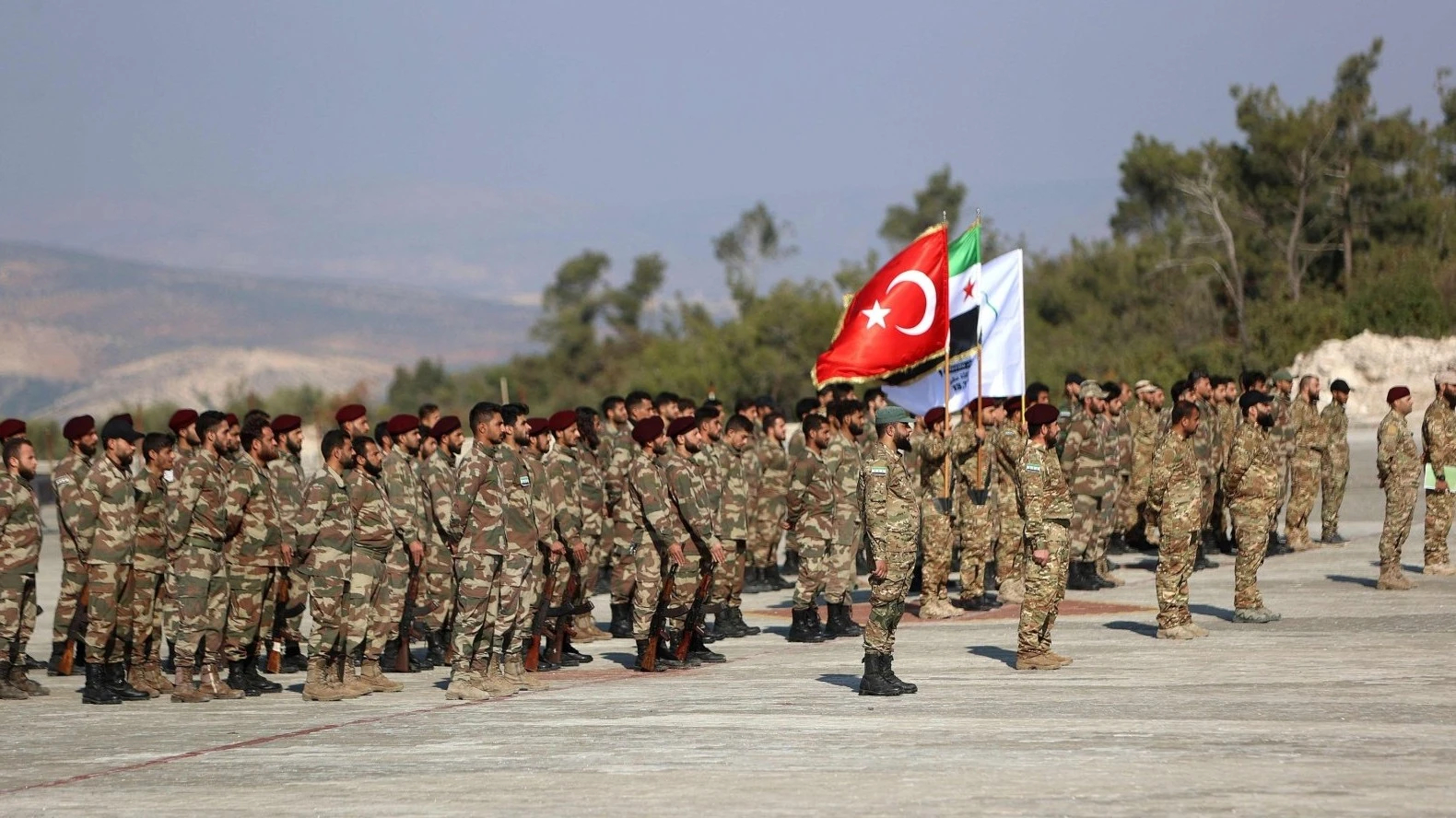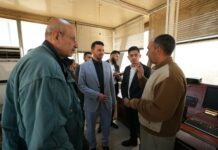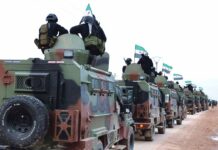
Turkey and Syria are entering a new phase of cooperation, marked by a series of military training and security agreements signed in August, even as both countries navigate mounting regional pressures. The Turkish Ministry of Defense confirmed that Syrian soldiers have begun receiving training at Turkish bases, while Turkish forces simultaneously withdrew from long-held positions in northern Syria.
According to the Turkish newspaper Yeni Safak, the training program will include commando and infantry skills, with plans to expand to 20,000 soldiers and police officers over time. The initiative includes building a military academy inside Syria, modeled on similar Turkish projects in Somalia and Libya. Rear Adm. Zeki Aktürk, a defense ministry spokesman, said the agreement “aims to support Syria in combating terrorism and strengthening its defense and security capabilities.”
Shifts on the Ground in Aleppo and Beyond
Middle East Eye reported that Turkish security units begun vacating positions in the Aleppo countryside after nearly eight years, handing over control to forces affiliated with the Syrian Ministry of Defense. Bases in towns such as Azaz and Jarabulus were transferred to Syrian authorities, with Turkish equipment and personnel redeployed to nearby provinces inside Turkey.
This restructuring follows an August 13 meeting in Ankara between Turkish Defense Minister Yaşar Güler and his Syrian counterpart, Muharraf Abu Qasra. Both sides signed a memorandum of understanding on joint training, technical assistance, and the provision of weapons systems. The agreement also includes the exchange of personnel for specialized programs in counterterrorism, mine clearance, cyber defense, and peacekeeping operations.
Regional Tensions Complicate Partnership
The military cooperation comes against a backdrop of heightened instability in Syria. A recent report by Foreign Policy described Ankara’s position as a “strategic minefield,” caught between American hesitancy, Russian inconsistency, and Israeli expansion in southern Syria. The violence in Suwayda, which exposed the fragility of Syria’s government, raised fears in Ankara that PKK-aligned factions could press harder for autonomy under Israeli protection.
Turkey’s concerns are compounded by Israel’s expanding military footprint since the fall of Bashar al-Assad last year. While Ankara welcomes Israeli pressure on Iran, it regards recent Israeli strikes in Syria as undermining efforts to integrate Kurdish forces into the new state structure. Turkish Foreign Minister Hakan Fidan reiterated in Rome, September 12, that the Syrian Democratic Forces (SDF) are “not in Syria for Syria, but in order to fight Turkey,” underscoring Ankara’s ongoing opposition to PKK-led autonomy movements.
Looking Ahead to a Fragile Alliance
Despite these complications, such as the looming threat of an Israeli confrontation, both governments have presented their partnership as a step toward stability. The Turkish Defense Ministry described the August agreements as the foundation for long-term coordination. Syrian officials, meanwhile, emphasized that the cooperation enhances their military institutions while preserving the country’s territorial integrity.
Whether the partnership can withstand external pressures from Israel, Russia, and the US remains uncertain. For now, the training programs and troop withdrawals mark a visible realignment, with Ankara and Damascus positioning themselves as reluctant but pragmatic partners in a volatile regional landscape.








